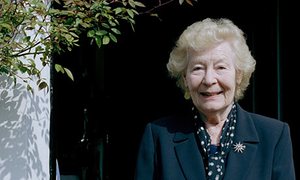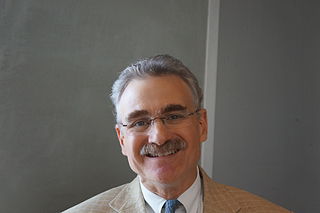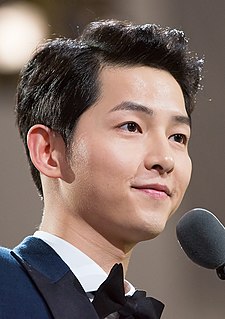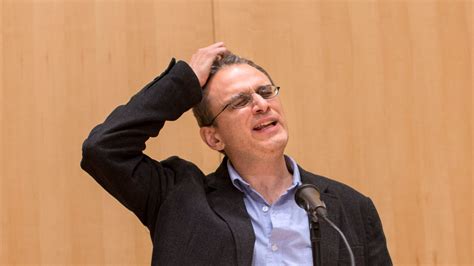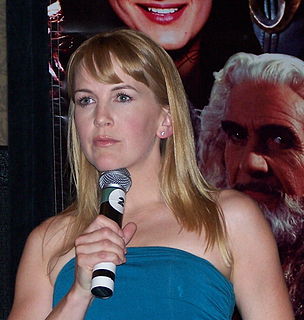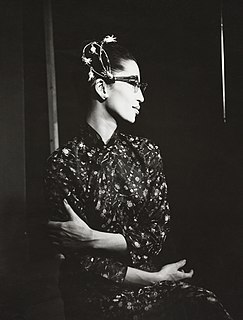A Quote by Nina Bawden
People who don't read seem to me mysterious. I don't know how they think or learn about other people. Novels are a very important part of our education.
Related Quotes
Self-censorship has become a part of me. I think because we live in a place where community is very important, family is very important, you feel the weight of how people look at you. Even though I might seem very modern and very liberated, I still have a lot of issues to deal with. I'm scared of how people look at me.
In Pakistan, many of the young people read novels because in the novels, not just my novels but the novels of many other Pakistani writers, they encounter ideas, notions, ways of thinking about the world, thinking about their society that are different. And fiction functions in a countercultural way as it does in America and certainly as it did in the, you know, '60s.
We can read the paper or current magazines and learn about national and world events, think about controversial subjects, learn how to disagree respectfully, and how, finally, to act on our convictions. We can read for pure delight, and if we do this as a family or classroom or other group we can build wonderful memories.
Filmmaking materials are in the hands of more people now than ever before. I would like to think that the more people have these tools, the more people will learn how to use them, it's another argument I would argue for, personally, for art's education. Because there are kids who aren't that literate in screen language and they've got to know how people select shots, how people edit audio, how people combine things to make what they see on the screen. It would be like the 15th century or the 16th century in Germany, and somebody amends a printing press and you don't know how to read and write.
People who know and read comics know that there's a huge diversity amongst the types of stories. Nobody ever goes 'how many more of these movies based on novels are there going to be?!'. People laugh at that question and they go novels, there are all different types of novels. But there are all different types of comic books, they just happen to have drawings on the cover!
I'm one of those people that thinks the world changes in smaller and in more mysterious ways than a lot of people like to think. A lot of traditional charities and organizations do things that on the surface seem like a good idea, but it doesn't change the way that people think about interacting with other people.
America needs the best education system in the world. We have it in higher education. We do not have it in general education for all of our people - the K-12 education. Other nations are far, far outdoing the United States in that area. We still have the lead in research, but once again, other nations are pouring more into research also. We still have a lead, but to me it's just very, very important that we keep that lead in basic research.
There's no doubt about it: fun people are fun. But I finally learned that there is something more important, in the people you know, than whether they are fun. Thinking about those friends who had given me so much pleasure but who had also caused me so much pain, thinking about that bright, cruel world to which they'd introduced me, I saw that there's a better way to value people. Not as fun or not fun, or stylish or not stylish, but as warm or cold, generous or selfish. People who think about others and people who don't. People who know how to listen, and people who only know how to talk.
When you learn to read and write, it opens up opportunities for you to learn so many other things. When you learn to read, you can then read to learn. And it's the same thing with coding. If you learn to code, you can code to learn. Now some of the things you can learn are sort of obvious. You learn more about how computers work.
When people ask me about modeling, what it was like, I say, "It was fabulous!" If you can use it in the right way - to travel to meet other people, to learn how to dress, to make some money - I think it's great. But I also think it takes girls. If they don't know how to handle themselves, or if they do it just for a little time and are not successful, then they get terribly depressed about themselves.
